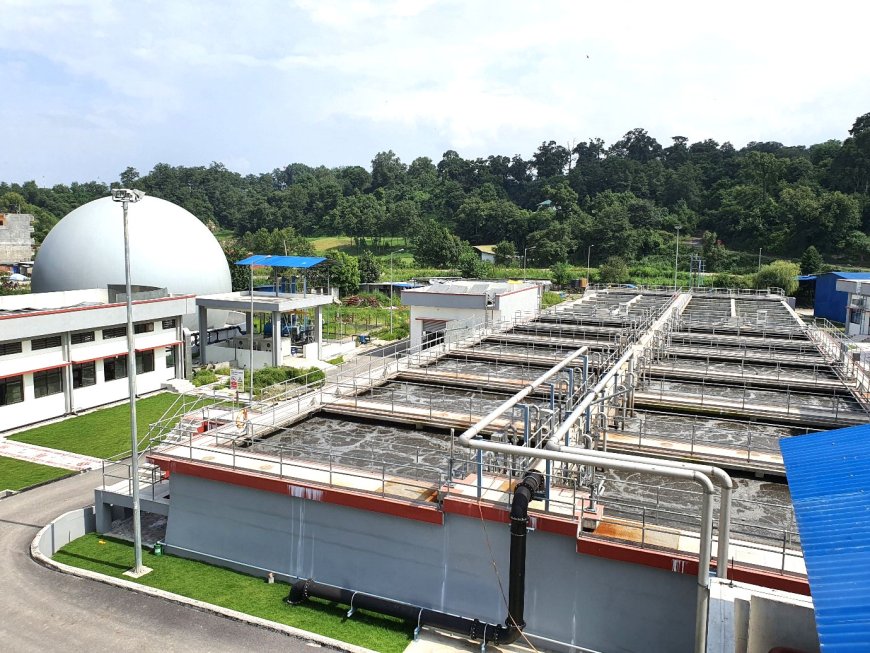VA Tech Wabag and Peak Sustainability Ventures join hands for installing 100 bio-CNG plants at sewage treatment facilities

VA Tech Wabag (WABAG) has entered into an MoU with Peak Sustainability Ventures (PEAK) to establish 100 bio-CNG plants at sewage treatment facilities across India and other mutually agreed-upon locations in the GCC, Africa, and European countries. The parties aim to harness the unutilized potential of sewage treatment plants and to generate bio-CNG which can be used for mobility application in trucks and heavy-duty vehicles, and for industrial applications, thereby reducing the need for fossil fuels.
This initiative would not only meet the growing energy demand in a responsible and eco-friendly manner, but also contribute to India’s commitment to GHG emission reduction and to reduction of air pollution from methane, which has much higher Global Warming Potential (GWP) than carbon dioxide.
WABAG is the third-largest private water operator globally with providing safe and clean drinking water and sanitation to over 88.8 million people across the globe. This strategical tie-up will further boost WABAG’s commitment towards a cleaner and greener world. WABAG has already implemented around 40 large biogas generation facilities in its various projects globally. PEAK manages an Alternative Investment Fund (AIF) which invests across 4 verticals: new energy (renewables, energy storage, waste-to-energy, hydrogen etc.), food systems, water and other climate related sectors to address the mitigation and adaptation objectives of the SDG goals. WABAG with its experience & know-how in implementing sustainable solutions will play the role of a technology partner and will be responsible for execution, commissioning and O&M of the Bio-CNG plants. PEAK would provide inputs in energy related areas and assist in raising capital for financing projects at scale.
The business potential for the establishment of 100 bio-CNG plants is expected to be over USD 200 million and this collaboration aims to generate over 73 million kg of bio-CNG per annum. This will be a significant boost to the local and agrarian economies and will also result in employment opportunities while simultaneously providing immense ecological benefits, further empowering the G20 initiative of the Global Biofuel Alliance and enhancing the energy security of the country.







